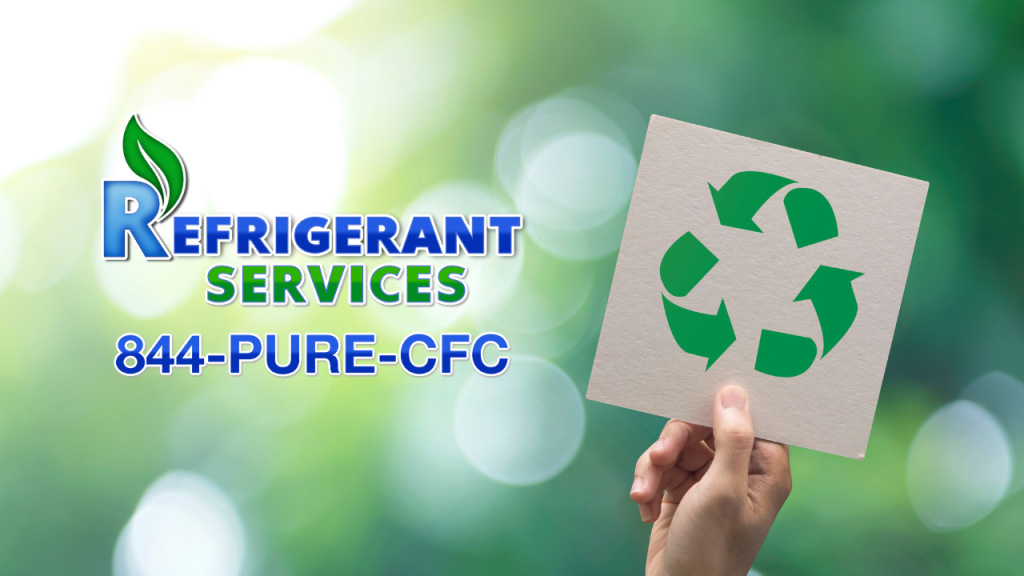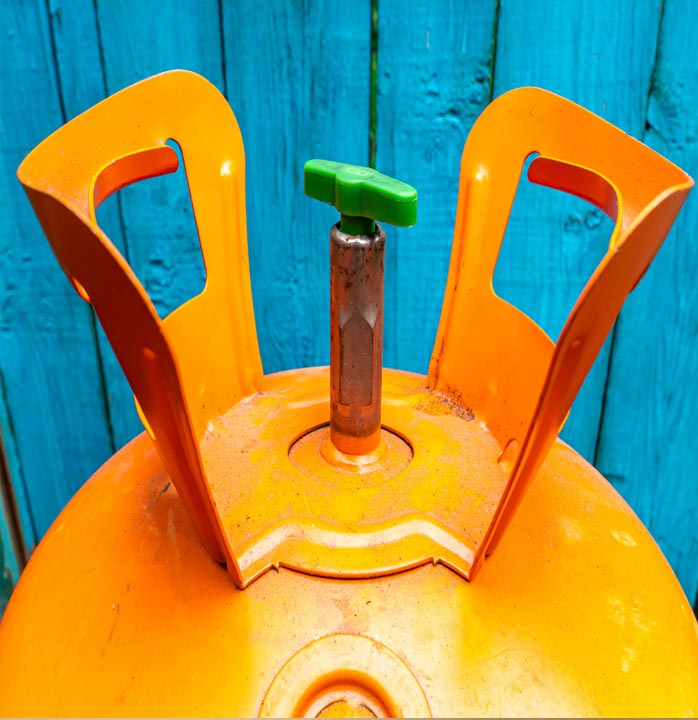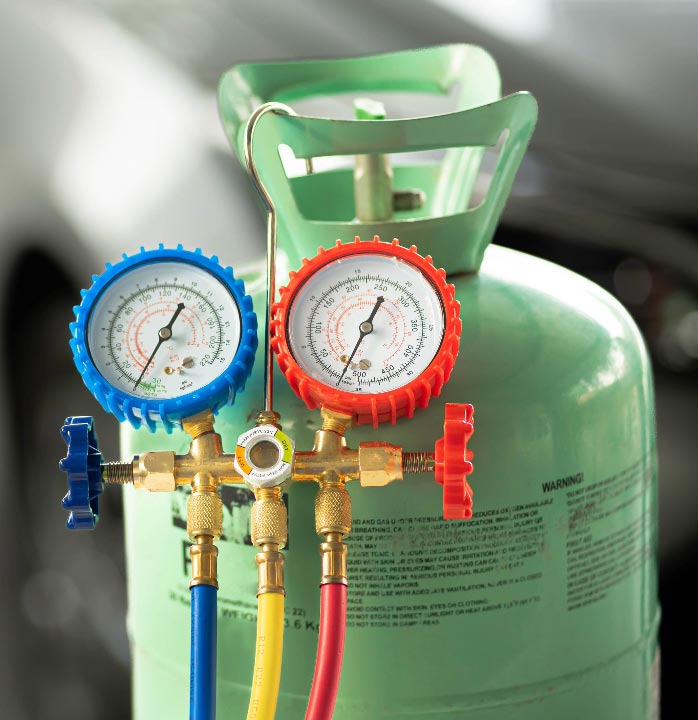When you turn on your air conditioner or open your refrigerator, you’re relying on a powerful chemical compound doing an essential job behind the scenes: the refrigerant. But what are refrigerants ? These substances are critical to modern cooling systems, but they come with a major caveat—their environmental impact.
Understanding what refrigerants are, and how to properly handle them, is more important than ever.
🌬️ What Are Refrigerants?
Refrigerants are specialized fluids used in cooling and refrigeration cycles. They absorb heat from one area and release it in another, creating the cooling effect we depend on in:
- Refrigerators and freezers
- Air conditioners
- Heat pumps
Most refrigerants work in a closed-loop system, constantly evaporating and condensing to move heat efficiently.
Over time, different types of refrigerants have been developed—some safer than others. One of the most recognizable names? Freon.
❄️ What Is Freon?
Freon is often used as a generic term, but it’s actually a brand name. Originally trademarked by The Chemours Company (formerly DuPont), Freon refers to specific refrigerants in the CFC (chlorofluorocarbon) and HCFC (hydrochlorofluorocarbon) families—like R-12 and R-22.
These compounds were widely used in:
- Home air conditioners
- Car AC systems
- Older refrigerators
However, these refrigerants have been found to deplete the ozone layer .
when released into the atmosphere. Because of this, they’ve been largely phased out by international agreements like the Montreal Protocol.
⚠️ Not all refrigerants are Freon, and not all Freon is still legal to use. Modern systems now often use HFCs (hydrofluorocarbons) or newer alternatives.
🌍 Why Proper Disposal and Recycling Matter
When appliances containing refrigerants are disposed of incorrectly—such as venting them into the air—it can cause significant harm to the environment.
Here’s why proper recycling or disposal is critical:
🧊 1. Ozone Depletion
CFCs and HCFCs break down the Earth’s ozone layer, exposing us to higher levels of UV radiation.
🌡️ 2. Global Warming
Even newer refrigerants (like HFCs) don’t harm the ozone, but many have Global Warming Potentials (GWPs) thousands of times greater than CO₂.
📜 3. Legal Requirements
In many countries, including the U.S., it’s illegal to release refrigerants into the atmosphere. Certified professionals must recover and recycle them.
🛠️ What You Can Do
If you’re replacing or disposing of an old refrigerator, freezer, or air conditioner:
- ✅ Hire a certified HVAC technician to recover the refrigerant properly.
- ♻️ Use a local recycling program—many cities offer appliance disposal that complies with environmental laws.
- ❌ Never try to remove refrigerant yourself. It’s unsafe, often illegal, and harmful to the environment.
Final Thoughts
Refrigerants are the invisible backbone of our climate-controlled world. But the chemicals that keep us cool can heat up the planet if mishandled.
Whether you’re a homeowner upgrading your AC or a business retiring old equipment, make sure you dispose of refrigerants the right way. It’s not just smart—it’s the responsible thing to do.
Together, we can make a difference, one refrigerant at a time.
Refrigerant Services LLC
54000 Grand River Ave
New Hudson, MI 48165
#844-PURE-CFC (787-3232)





